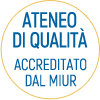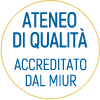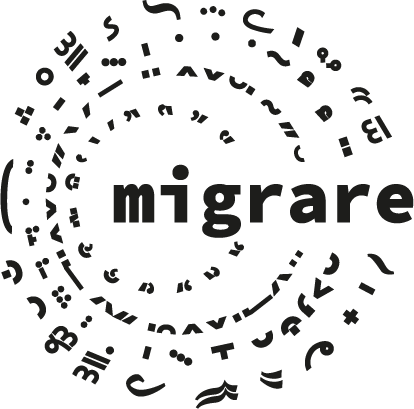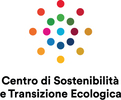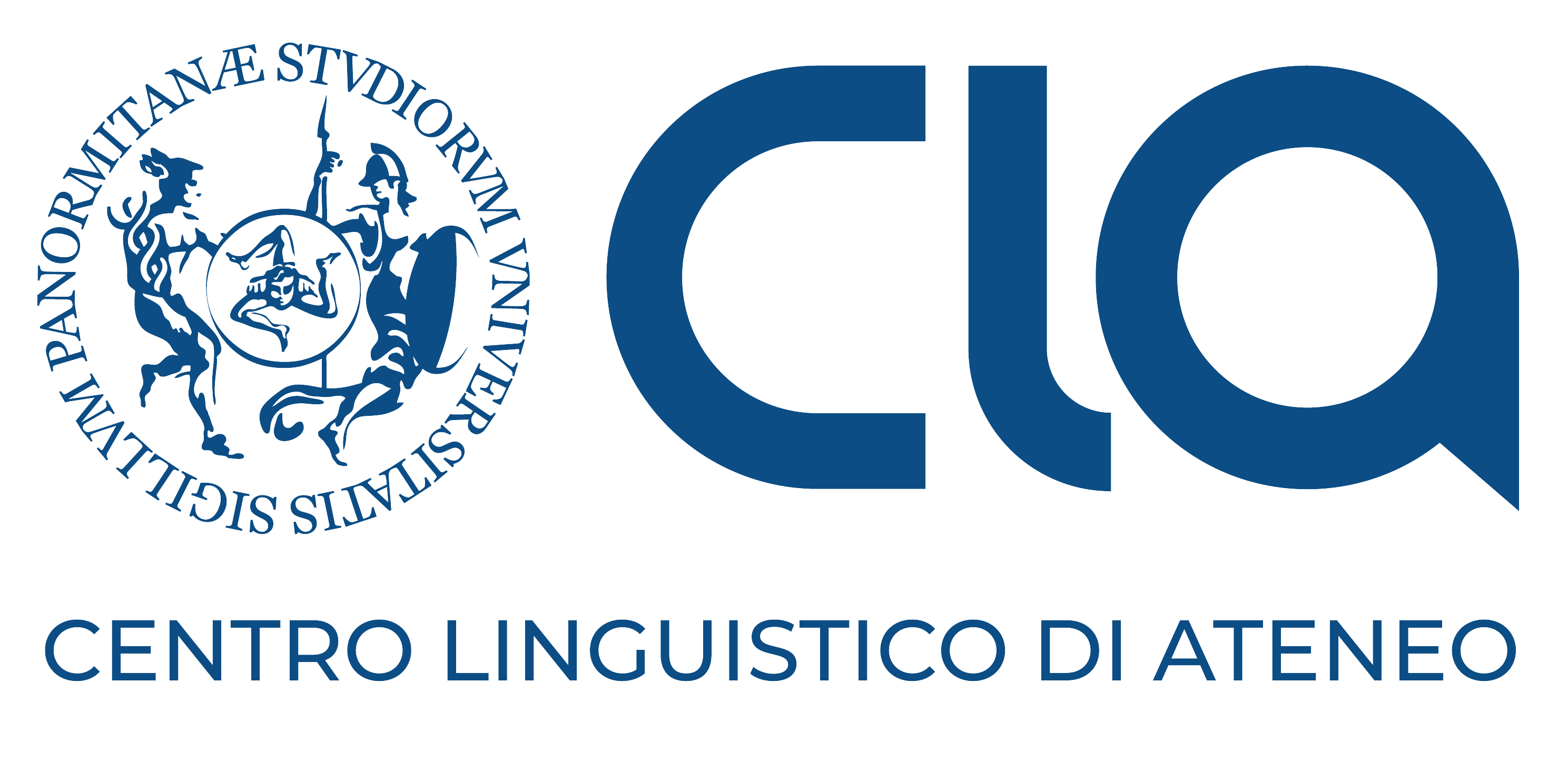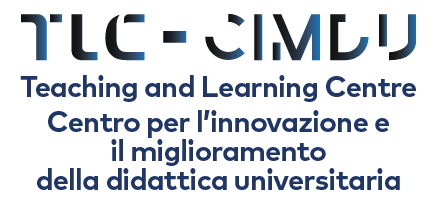Presentation
The Master of Science (MSc) in Cellular and Molecular Biology is designed to provide an in-depth insight into prokaryotic and eukaryotic biology.
To this purpose, educational project aims to transfer, at cellular and molecular level, those knowledges concerning cell/cell and cell/matrix interactions, biochemical and molecular mechanisms regulating protein turnover and folding in order to elucidate their role in the control of cellular activities from physiologic and pathologic point of view; the involved molecular and genetic mechanisms and the relationship between three-dimensional structure of proteins and nucleic acids to determine the different pathways of gene expression modulating cell development, proliferation and differentiation in prokaryotic and eukaryotic model systems; the role of epigenetic changes and their regulation in hereditary transmission and gene expression; electrophysiological and functional mechanisms of transport systems and communication in biological membranes of cell motility and specialized functions of single cells.
All these notions will be also integrated with multi-disciplinary approaches such as cellular biology, biophysics, biochemical, genetic and cytogenetic methods, as well as recombinant technologies and bioinformatics for the study of functional genomics.
The MSc educational program aims to provide a comprehensive theoretical knowledge of molecular, biochemical and genetic mechanisms underlying life, development and differentiation of animal organisms and their adaptative responses to environmental conditions.
PROGRAMME GENERAL DESCRIPTION
The MSc in Cellular and Molecular Biology is a two-year Programme
To qualify for the Master's Degree, a student must acquire a total of 120 ECTS and prepare a final report. The courses of study are organized on semesters and each of them provides for a minimum of 13 instructional weeks.
The Programme entails:
- 63 ECTS for face to face courses;
- 12 ECTS for teaching activity chosen by student;
- 45 ECTS for educational stages and laboratory activity to complete a Master’s thesis under the supervision of a teacher.
Students can acquire ECTS after passing an examination for each single course. ECTS for stage and thesis will be acquired in relationship to supervisor evaluation.
To develop Master’s thesis student is expected to take on an experimental research project and follow it through from beginning to end. The student should take the responsibility for developing a research project: generating ideas that lead to a testable hypothesis, carrying-out the experimental research under the supervision of a teacher.
Possible areas of research are described in details at Staff webpage. A detailed annual distribution of ECTS credits is visible clicked on timetable button.
Practical laboratory activities to prepare the dissertation can be performed either in Italian or European Academic Institutions by exchange programs.
These exchange programs can be used for the acquisition and application of methods useful either for thesis report or to pave the way to cultural exchanges and possible scientific collaborations.
FORMAL PREREQUISITE
Basic Knowledge of Cellular biology, Biochemistry, Genetics and Molecular Biology




